If meeting the conditions specified in Clause 1, Article 9 of Circular No. 111/2023/TT-BTC and Articles 105, 106, 107 of the Law on Marriage and Family, the taxpayer who is providing allowances to uncles and aunts will be entitled to deductions for dependents.
Ms. Diem Huong in Ben Tre has an uncle (who is past retirement age) and his wife (her aunt is also past retirement age) who do not have a pension. The couple has no children, so they are still receiving monthly allowances from Ms. Huong.
Mrs. Huong is wondering whether she can register her uncle and aunt as dependents to receive family deductions when calculating her personal income tax. If so, what are the procedures?

Regarding Ms. Huong's case, the tax authority guides according to the following principles:
Taxpayers can register for family deductions for dependents who are uncles/aunts if they meet the conditions prescribed in Clause 1, Article 9 of Circular No. 111/2013/TT-BTC and Articles 106 and 107 of the Law on Marriage and Family.
According to Point d, Clause 1, Article 9 of Circular No. 111/2013/TT-BTC of the Ministry of Finance guiding the implementation of the Law on Personal Income Tax (PIT), the Law amending and supplementing a number of articles of the Law on PIT, dependents who are eligible for family deduction include: "other individuals without support that the taxpayer is directly supporting", including paternal uncles.
Dependents outside of working age must have no income or have an average monthly income in the year from all sources of income not exceeding 1 million VND.
Regarding the documents and procedures to prove dependents , it is necessary to comply with the provisions of Article 1 of Circular No. 79/2022/TT-BTC dated December 30, 2022 of the Ministry of Finance amending and supplementing a number of legal documents issued by the Ministry of Finance.
Specifically, the required documents include : a copy of the identity card or citizen identification card or birth certificate of the dependent; legal documents to determine the responsibility for raising children according to the provisions of law.
Legal documents can be any legal documents that identify the taxpayer's relationship with the dependent, for example: a copy of the document identifying the obligation to support according to the provisions of law (if any); a copy of the certificate of residence information or notification of personal identification number and information in the National Population Database or other documents issued by the police agency); the taxpayer's self-declaration according to the form issued with Circular No. 80/2021/TT-BTC with confirmation from the People's Committee of the commune where the taxpayer resides that the dependent is living with him/her; the taxpayer's self-declaration according to the form issued with Circular No. 80/2021/TT-BTC with confirmation from the People's Committee of the commune where the dependent is residing that the dependent is currently residing in the locality and has no one to support him/her...
In case the dependent is of working age , in addition to the above documents, the supporting documents must include additional documents proving that the dependent is unable to work, such as a copy of the certificate of disability according to the law on people with disabilities for people with severe disabilities who are unable to work; a copy of the medical record for people with diseases that make them unable to work (AIDS, cancer, chronic kidney failure, etc.).
Article 106 of the Law on Marriage and Family stipulates: Aunts, uncles, paternal uncles and nieces and nephews have the right and obligation to love, care for and help each other; have the right and obligation to raise each other in cases where the person in need of raising no longer has a father, mother, children, brothers, sisters, or siblings, or still has them but these people do not have the conditions to fulfill the obligation of raising them. Clause 1, Article 107 of the Law on Marriage and Family stipulates: “The obligation to provide support is performed between fathers, mothers and children; between brothers and sisters; between grandparents and grandchildren; between aunts, uncles and nieces and nephews... The obligation to provide support cannot be replaced by another obligation and cannot be transferred to another person...”. |
Source: https://vietnamnet.vn/tro-cap-hang-thang-cho-chu-thim-co-duoc-tinh-giam-tru-gia-canh-nguoi-phu-thuoc-2372571.html














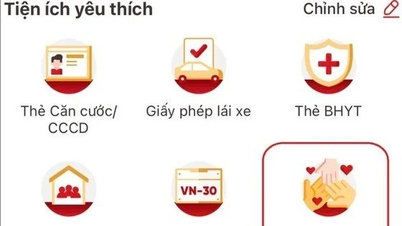




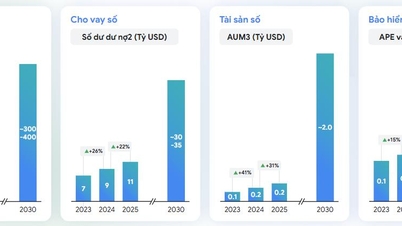











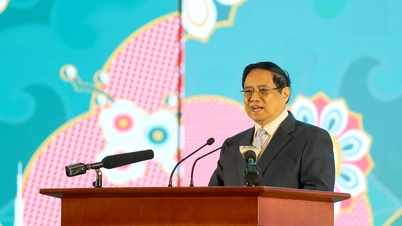






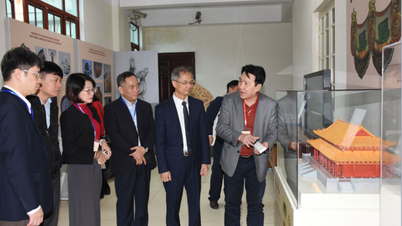


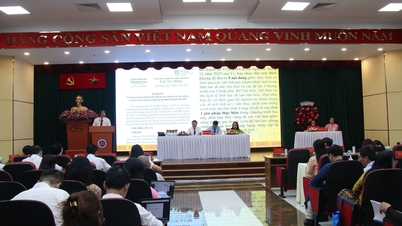






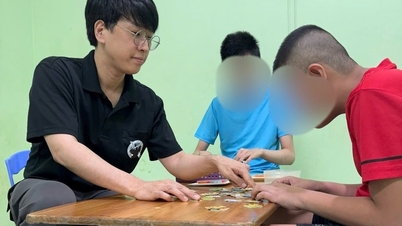



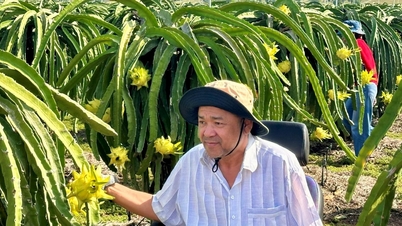




![[Answer] Should I install an elevator for an old renovated house?](https://vphoto.vietnam.vn/thumb/402x226/vietnam/resource/IMAGE/2025/11/25/1764039191595_co-nen-lap-thang-may-cho-nha-cai-tao-cu-khong-04.jpeg)














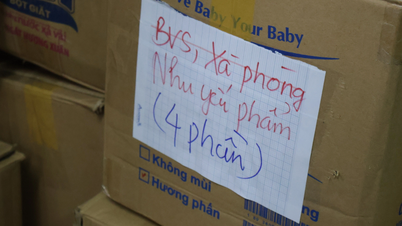











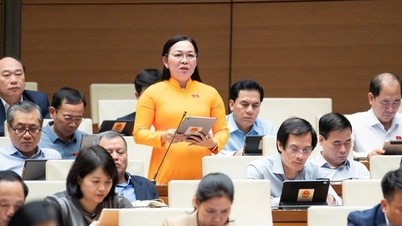
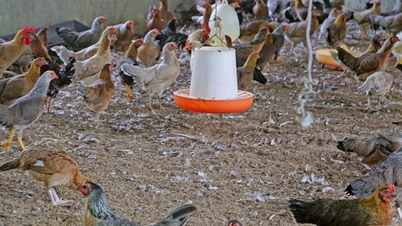

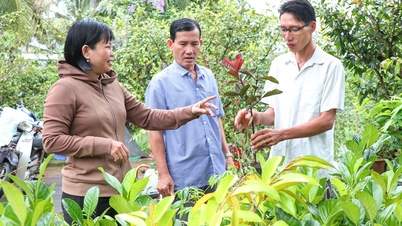
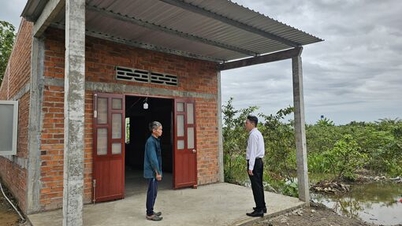


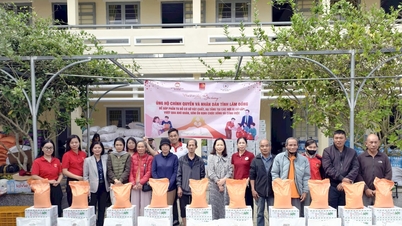














Comment (0)